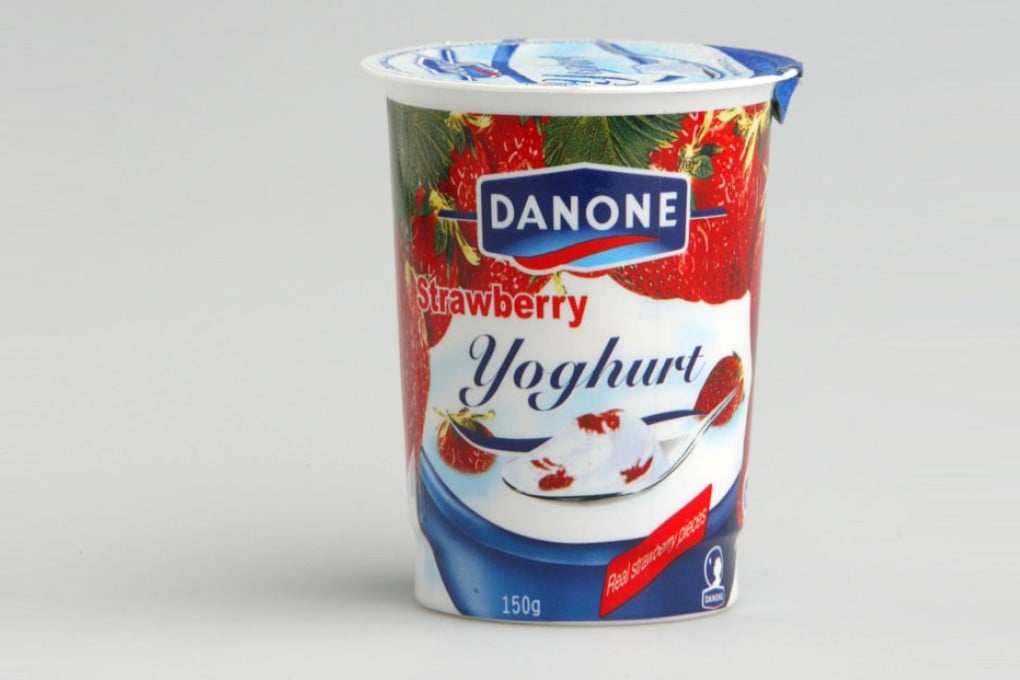Mengniu, Danone's China yogurt joint-venture terms reveal distrust
Analysts say agreement between the two food companies to produce yogurt on the mainland betrays a wariness honed by hard experience

The terms of a yogurt joint-venture between China Mengniu Dairy and Danone reflect the mistrust between two parties, analysts say.
Hong Kong-listed Mengniu and Danone, a Paris-listed conglomerate, describe the details as legal formalities.
Mengniu fears Danone management wants to take control of the business. Danone's track record in China has been that it is very aggressive in taking control of businesses. Danone has a bad track record with joint ventures in China
"There is distrust between Mengniu and Danone," said Sunny Kwok, a Guotai Junan analyst. "Mengniu does not want to sell all its assets to Danone."
Cofco, the largest Chinese state-owned food conglomerate, is Mengniu's biggest shareholder, with a 19 per cent stake, while Danone, the world's largest producer of fresh dairy products, became the second-biggest shareholder, with 8 per cent, in May.
Danone and Mengniu inked a deal on Friday to set up a joint venture to produce yogurt on the mainland. Mengniu will own 80 per cent and Danone 20 per cent, Mengniu said on Monday.
If Danone violates the terms of the joint venture, Mengniu has the right to buy Danone's 20 per cent stake at a discount of up to 40 per cent. If Mengniu violates the terms, Danone has the right to sell its stake to Mengniu at a premium of up to 40 per cent, according to Mengniu's announcement.
"Mengniu fears Danone management wants to take control of the business," Nomura analyst Emma Liu said. "Danone's track record in China has been that it is very aggressive in taking control of businesses. Danone has a bad track record with joint ventures in China."